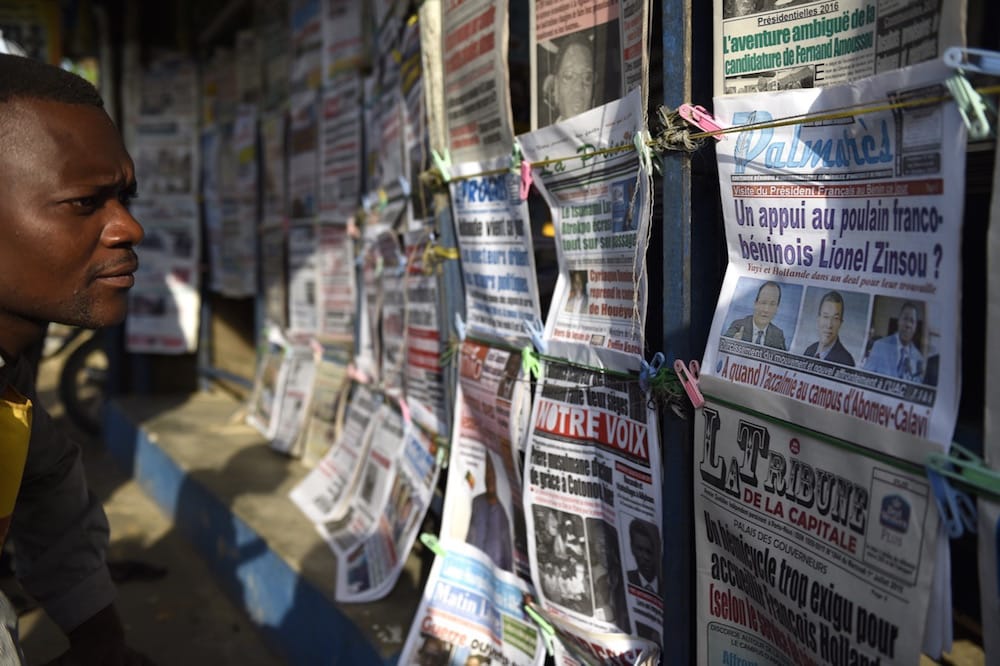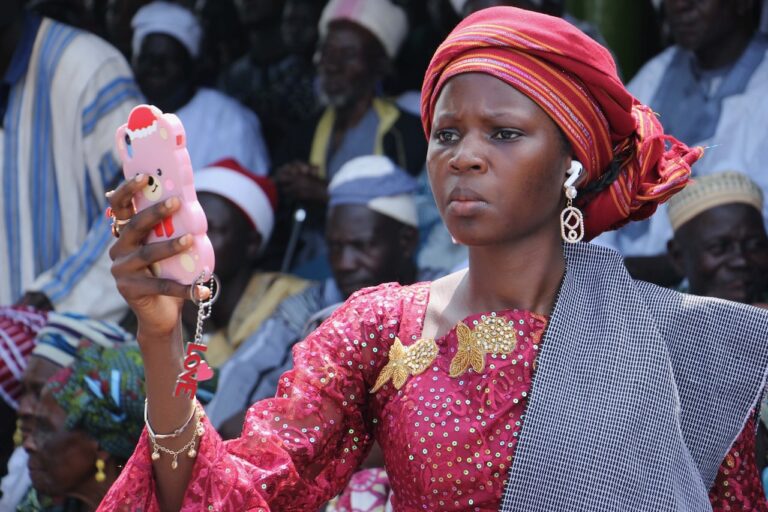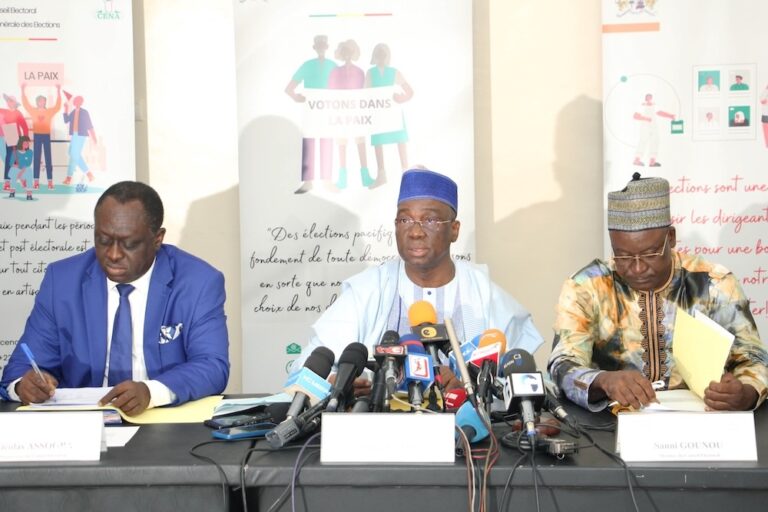Fingering a French businessman for alleged tax evasion has resulted in Beninese journalist Ignace Sossou receiving a suspended one-month prison sentence and a fine of 550,000 CFA francs (US$850).
This statement was originally published on mfwa.org on 17 August 2019.
A Magistrate’s Court in Cotonou on August 12, 2019, sentenced a journalist to a one-month suspended jail term and a fine of 550,000 francs CFA (about US $ 850) after being found guilty of “publishing false information on the internet.”
The trial of Ignace Sossou, journalist of Web Benin TV, an online media outlet, followed a defamation complaint by Jean Luc Tchifteyan, a businessman of French nationality and owner of the Tchifteyan Group of Companies based in Cotonou.
The journalist had published two investigative articles in which he made tax evasion allegations against the Tchifteyan company. The investigative articles were published in collaboration with the International Consortium for Investigative Journalism (ICIJ) and the Centre National de Presse -Norbert Zongo, MFWA’S partner organisation in Burkina Faso.
Although Benin has decriminalised press offenses, the authorities charged Sossou under the country’s digital code law No 2017-20 on the use of social networks and electronic communication tools, particularly article 550 which deals with online press offenses.
The conviction of Sossou adds to the case of Casimir Kpedjo, a journalist with the private online magazine Nouvelle Economie, who is still being prosecuted. Kpedjo was arrested and detained by the police on April 18, 2019, on accusations of “spreading false information about Benin’s economy’’ in connection with an article he published.
While the MFWA takes note of the lenient and suspended penalty pronounced by the Court, we still find it intriguing that a country that has decriminalised press offenses would still press criminal charges for defamation. We, therefore, urge the Beninois authorities to ensure that the freedoms granted through the decriminalisation process are not taken back through repressive laws or misinterpretation of other laws to target the online media.



